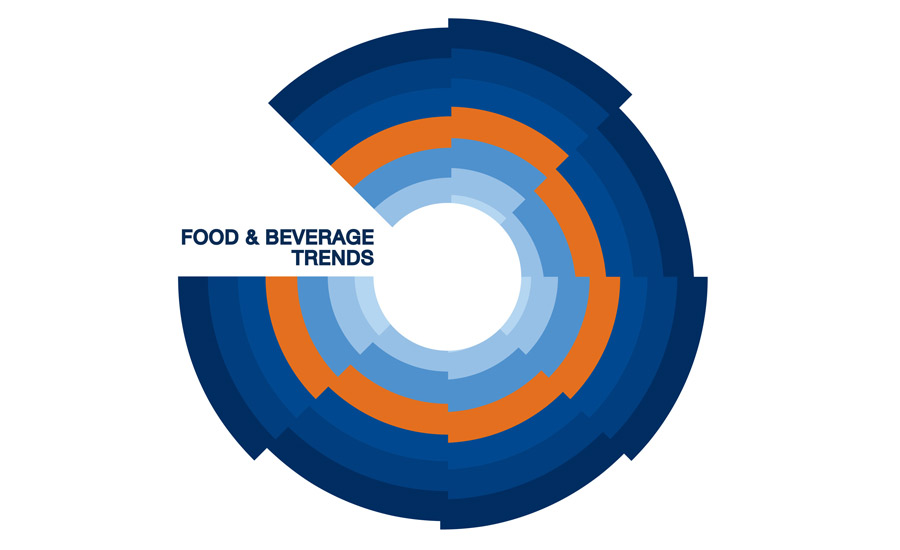The rapid growth of plant-based foods at retail and on restaurant menus has many in the food and foodservice industries questioning if the interest in plant-based food is a passing fad or a long-term trend. A new study by The NPD Group addresses this question and finds that the answer depends on the consumer and their reasons for consuming plant-based foods in the first place.
Millennials, born 1981-1996, are the top consumers of plant-based meat alternatives, finds the NPD study, The Future of Plant-based Snapshot. This generational group has adopted plant-based meat alternatives as a way to indulge sensibly while addressing their long-term health goals and animal treatment concerns. Gen Xers, born 1965-1980, are also a core consumer group of plant-based meat alternatives, and because many in this group are parents of Gen Zs, born 1997 to present, they’ve been raised on plant-based beverages and foods. Boomers are decelerating their consumption of plant-based meat alternatives but are the top consumers are plant-based dairy alternatives.
Since the core consumer groups for plant-based dairy and meat alternatives are younger, NPD forecasts that plant-based foods, to varying degrees, do have staying power. NPD’s study also finds that plant-based food consumption is not about rejecting traditional protein sources as about 90 percent of plant-based users are neither vegetarian nor vegan, noting that consumers want options.
“First and foremost taste is king when considering entering the plant-based food category,” says Darren Seifer, NPD food and beverage industry analyst. “Attributes such as health and convenience go far to drive consumption, but if the flavor profile falls below consumers’ expectations, then the product will likely have a short run. Whether it’s marketing a plant-based burger that reproduces the meat-eating experience or a dairy alternative that has the taste and texture of milk, consumers now have substitution without sacrifice.”
Video: Plant-Based Alternatives are Going Mainstream
The Future of Plant Based Foods
Underlying reasons for why consumers bring plant based foods into their diet will guide the category's future
